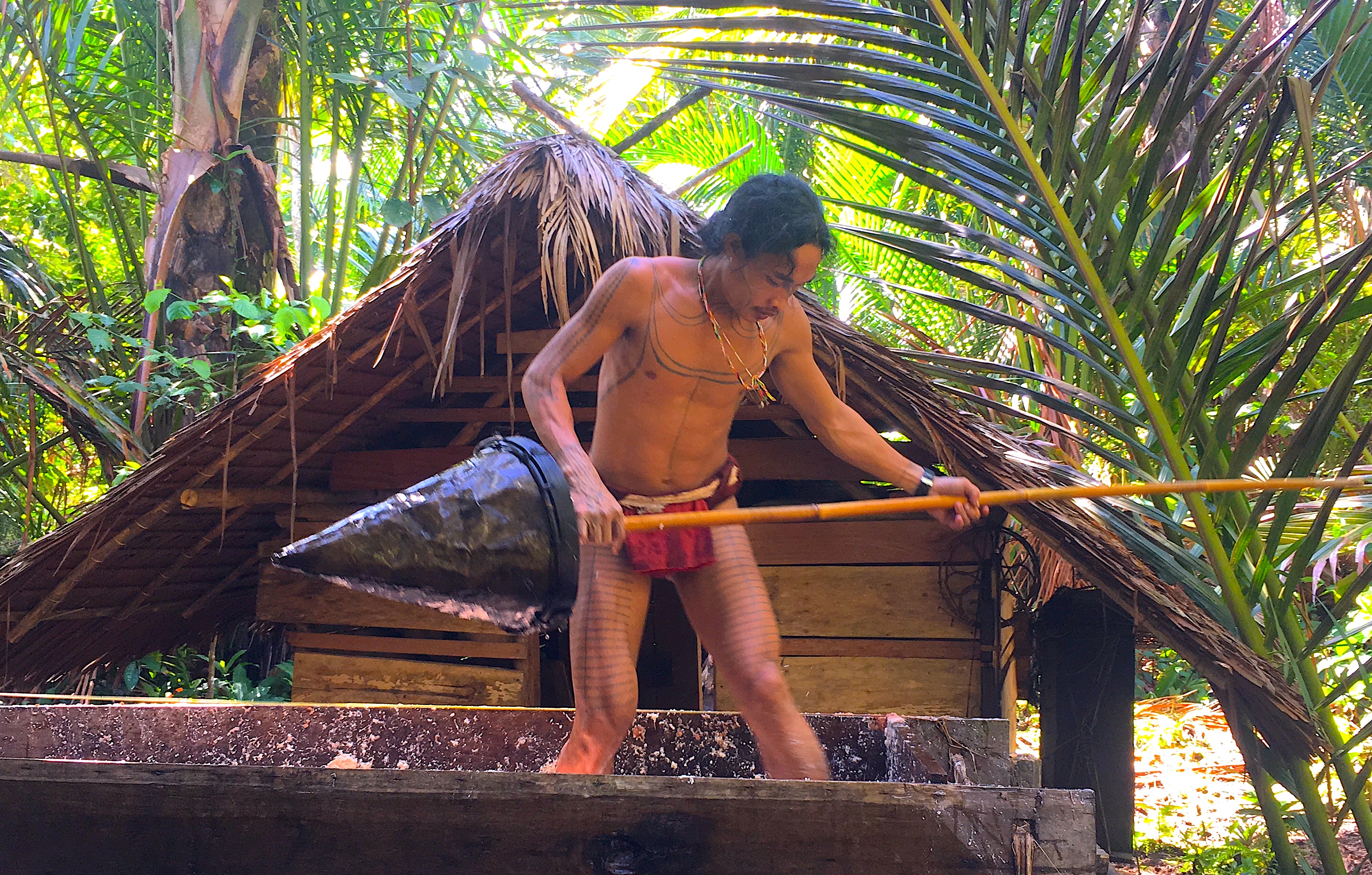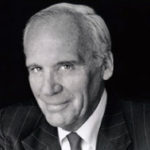1) On the tendency of early anthropologists to see tourists as intruders
So long as the idea of culture remained bound in place and time and the interest of anthropologists was focused on the discrete nature of particular “cultures,” phenomena such as tourism could rarely be viewed as more than an unwelcome intrusion upon the neat categories and orderly distinctions with which anthropologists were wrestling. In rare cases in which mentions of tourism did occur in ethnographic accounts, these comments now seem superficial and overly negative. Anthropologists simply had no place to put tourists in their studies, except as occasional intruders upon the seeming isolation of their subjects.
2) On the way travel is as important to the human condition as settlement
Travel in one form or another has quite possibly always served as a fundamental part of the human condition. It is worth questioning why so much of our historical and archaeological inquiry has emphasized settlement as the primary means of our species’ adaptation and continuing development and why travel has almost always been viewed as incidental, if not antithetical, to the emergence of past civilizations. If home is truly where the heart is, it might be equally possible that travel is where the imagination has thrived. As anthropologists turn their attention to subjects such as displacement, immigration, travel, diaspora, and tourism, they are not simply exploring new ground. Rather, they are bringing back to their discipline an important corrective to an emphasis on settlement as the sine qua non of culture.
3) On the global complexity of seemingly remote places
A Western visitor to a remote Hmong village in northern Thailand might (as I have in my own travels) find himself or herself entranced by a sense of visiting an enduring and decidedly different, clearly mysterious place. But closer familiarity with the community provides an entirely different context to such an adventure, particularly as the visitor discovers that a fifth of the “villagers” are currently living in Canada and the United States. Consider then the possibility that the “exotically” dressed woman that the visitor just photographed only recently returned from visiting her sister in LA, where she was a tourist in her own right. The boundaries between host and guest, often expressed in terms of a variety of privileges that are normally associated with having the opportunity to travel, become blurred in this larger context of displacement, in which becoming unsettled in one way or another seems to have become commonplace.
4) On the ways that travel experiences can be hard to standardize
Tourism is a high-stakes enterprise. While it can be regarded as an industry, it does not work like most other industries that might come to mind. There are no factories, for example, and the ownership of the resources associated with tourism is often contestable. The product of tourism is experience. That is something that cannot be made uniform in the way manufactured items are made uniform. The Disney people discovered this when they built new theme parks in Japan and France and discovered that even Mickey Mouse is not culturally universal. Tourism is much more culturally intimate than nearly any other industry. Its business is to being into close contact people of widely different means, class, ethnicity, and religious and cultural backgrounds.
5) On the working-class roots of mass tourism
It might well be that many of the touristic styles that we now regard as ‘mass tourism’ have firmer roots in these working-class patterns than they do in travel conventions established by the upper classes. For the elite European traveler of the late 19th century, tourism appears to have emerged as a vehicle for social distinction. It had acquired both a competitive and romantic edge, in which an individual might be judged by the extent and uniqueness of his or her journeys in the pursuit of recreation and leisure. For some working-class tourists, on the other hand, the expressions of solidarity and collegiality might well have been more important than individuality in planning a vacation. This could easily be judged to be a more appropriate style of tourism where the need for cooperation, shared experience, and pooled resources contributed so much to everyday survival. In a more immediate sense, for those of us who now belong to a large and widely diverse middle class, some aspects of both traditions will probably ring true. In our attempts to understand both the history and the cultural significance of tourism, it might well be important to pay attention to both messages.
6) On the complexities that result when foreign capital funds tourism
The amount of profits that leak from a country or region depends greatly on the degree to which tourism investment is or is not dominated by foreign capital. It is also related to the type of tourism that is common to a region. For example, ‘first class’ tourist facilities often require the importation of goods that tourists expect as a part of the high cost of their accommodations. On the other hand, ‘low-end’ or ‘backpacker’ tourism is more likely to rely on locally produced goods and services, resulting in less leakage. In some countries that rely heavily on foreign capital investment and cater almost exclusively to first-class tourists, as much as 90 percent of the profits from tourism might leave the country.
7) On the challenges of ecotourism when ecotourists prize comfort
Ecotourism not only encourages the retention and conservation of natural resources but can also serve to educate both tourists and their ‘host’ communities as to the complex interaction of human and natural environments. On the other hand, one of the major problems associated with the recent popularity of ecotourism lies in trying to accommodate increasing numbers of visitors without threatening anew the often-fragile environmental resources to which they are attracted. Conversely, another major problem has been the lack of sufficient infrastructure to ensure a reliable flow of tourists. Many ecotourism projects have failed as result of overestimating most tourists’ spirit of adventure and failing to provide adequate roads and accommodations for visitors.
8) On how any search for pre-modernity is an expression of modernity
Tourism is often a leisured search for other traditions that are untouched by modern influences, and a longing for a sense of authenticity through which the tourist might at least briefly escape the alienation of the industrial age. Paradoxically, the search is itself an expression of the modernity from which the tourist seeks to escape. In this sense, the attachment of the label traditional to particular objects, places, and people serves to establish the pervasive influence of modernity by imagining those few objects of desire that are supposedly not modern.
9) On the way that true authenticity is tied to the needs of local people
I remain unconvinced that the real is a thing of the past, or that the past was at any time more real than the present. Accordingly, my sense of the authentic is that it occurs under conditions in which people have significant control over their affairs, to the extent that they are able to play an active role in determining how changes occur in their social settings. Resistance to change is as much an act of deliberateness as is the will to adopt new customs and practices. Authentic cultures might not be able to predict their futures or to act in a wholly independent manner, but they have the wherewithal to play a significant role in participating in those processes that will shape their lives.
Read the book:






